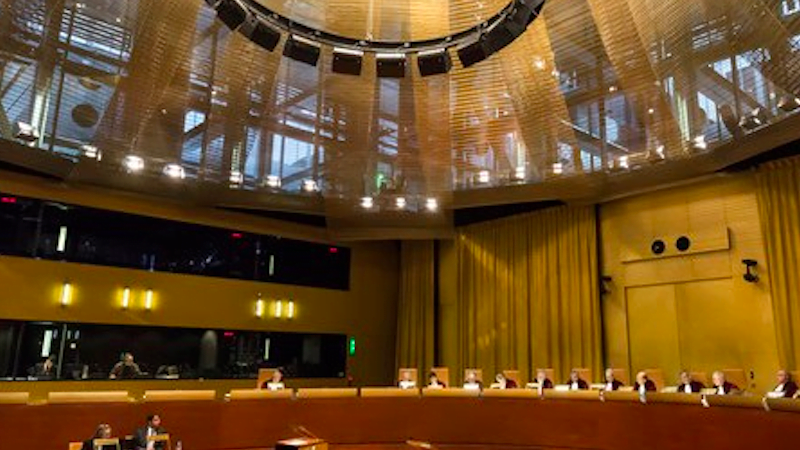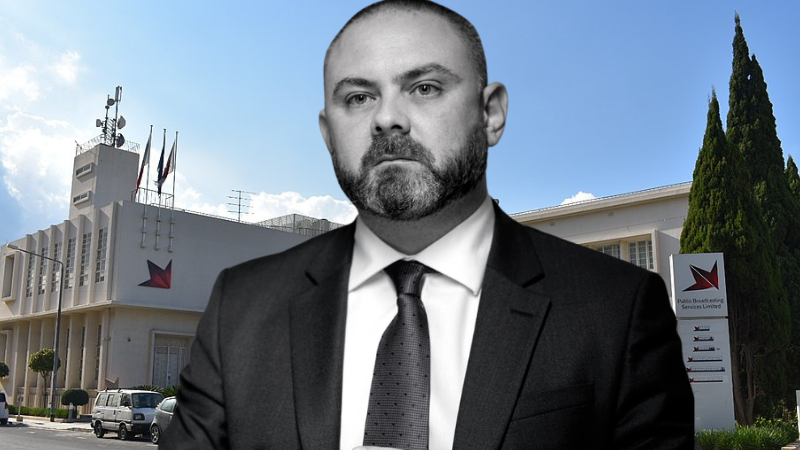The government is paying around €80,000 in fees to a Spanish legal team representing them in a case in the European Court of Justice initiated by civil society organisation Repubblika.
The amount was divulged by Justice Minister Edward Zammit Lewis on Friday in response to a parliamentary question by Opposition MP Jason Azzopardi, who is also representing Repubblika in the case.
The case, presided over by a panel of 15 judges, is looking into whether Malta’s previous system used to appoint judges and magistrates in the Maltese Courts was in breach of EU law.
Repubblika argued that the system had given the prime minister “arbitrary discretion” when selecting candidates and said that some appointments, specifically from April 2019, should be ruled invalid.
News that the government had hired Spanish lawyers to defend them was brought to the public’s attention as the case began on 27 October. The government faced criticism for not choosing Maltese lawyers, and for consequently having their case argued in English.
In a 2018 report on Malta, the Venice Commission had criticised the judiciary’s independence, among other factors. Following this, Repubblika had filed a judicial protest demanding that the Prime Minister ceases to make any further judicial appointments until the system was changed.
In April 2019, under the tenure of former Prime Minister Joseph Muscat, the NGO had challenged the addition of six new members of the judiciary, who had been appointed despite criticism by the Commission. The government had appealed, but it was rejected.
“The appointments were made despite the fact that the method of appointment of members of the judiciary has been characterised by the Venice Commission as unsuitable for a modern democracy,” the group had said as the case was given a go-ahead in October of the same year.
In November 2019, the European Court of Justice then accepted Repubblika’s request to vet the situation after a request in October. Chief Justice Mark Chetcuti had delivered the decree.
Changes have been made since then, but the amendments were still unsatisfactory for the Commission, according to its Opinion made public last month.
The European Court of Justice case began at the end of October and a final decision is expected next year, with an Opinion being given in December.
In the parliamentary question, Zammit Lewis justified the use of Spanish lawyers by arguing that making use of lawyers from other European countries as representation in international cases is a practice commonplace among other EU Member States, occurred under previous administrations and is in line with EU rules.
The Spanish lawyers representing the government are Daniel Sarmiento and Victor Ferreres Comella.
In the complaint to the European Commission, Repubblika referred to a landmark judgment which ruled that Poland had breached EU law in the way it handled the judiciary, harming its independence.
“In Malta, the discretion of the Prime Minister is even wider, even more unfettered, even more nebulous, and even more abused than that prevailing in Poland,” Repubblika said.















tmenin elf ohra misruqin minn halq il-poplu biex jghattu xturhom. kemm veru ma tisthux – kemm se jdum jissaporti l-poplu Malti ghal dan is-serq sfrenat. ISTHU
This is a statement by the government on its view on the competence of Maltese lawyers.
Keep in mind Robert Abela is a lawyer, enough said.